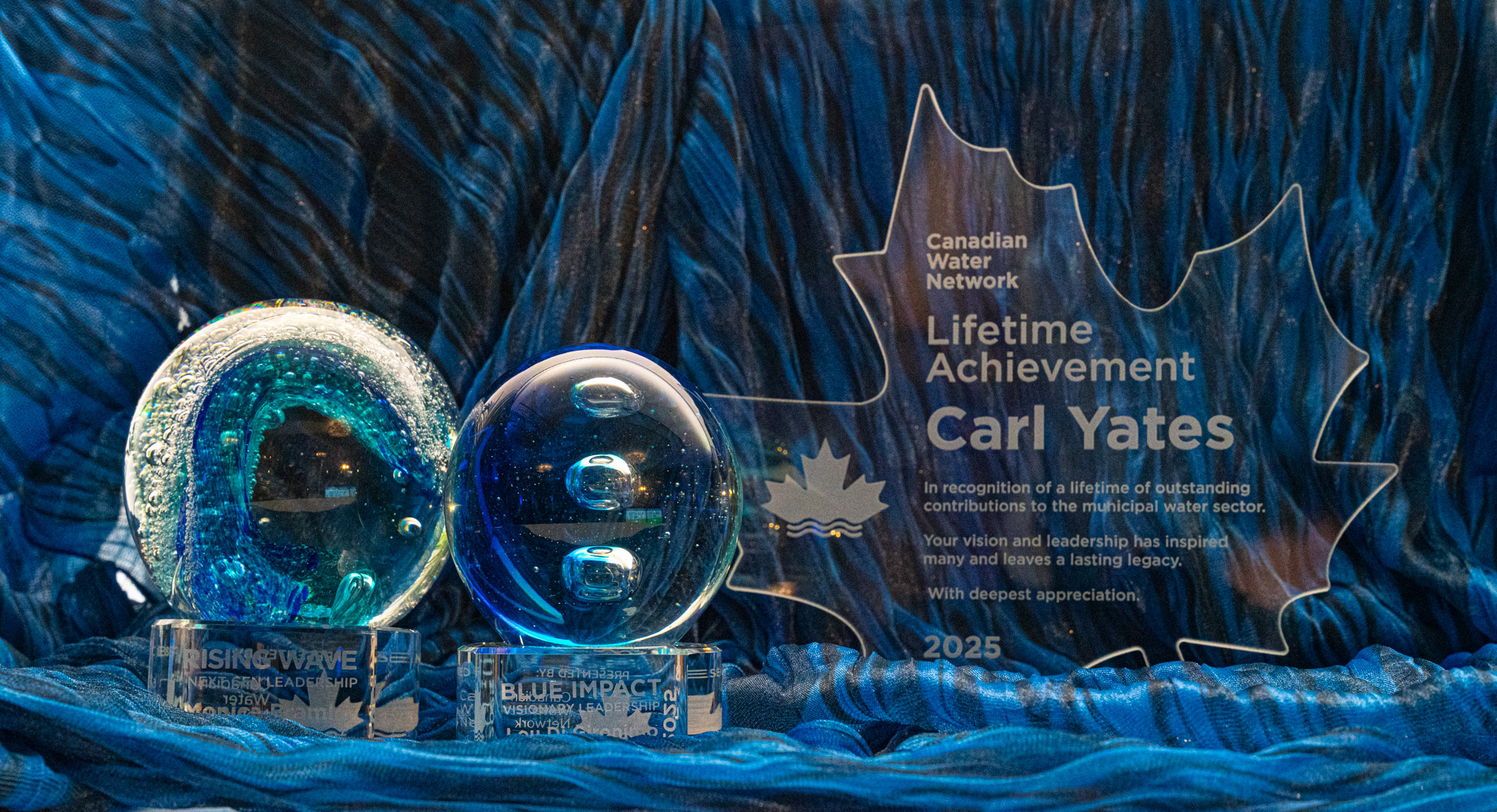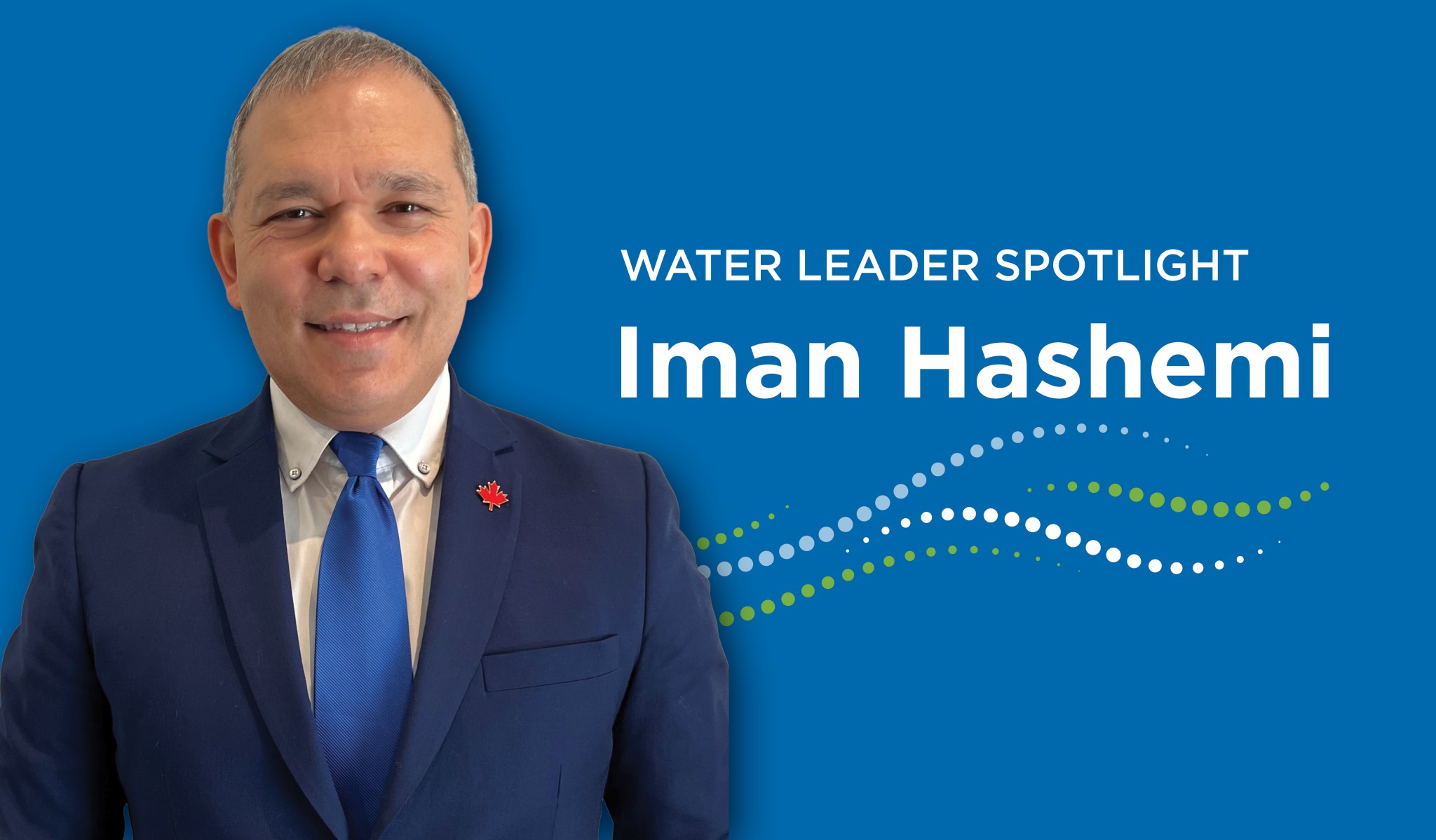Water leader spotlight: Dave Szeptycki from York Region
June 26, 2024
CWN’s quarterly newsletter with the latest news, insights, and thought leadership.

In Canada, we’re fortunate to have municipal water leaders from diverse backgrounds serving communities across the country. Canadian Water Network (CWN) is launching an initiative to spotlight these leaders. Our goal is to celebrate and elevate their contributions by creating profiles that highlight their career paths, aspirations and perspectives on industry trends. For our first water leader spotlight, meet Dave Szeptycki, director of sustainability, communications, and innovation at York Region. Continue reading to learn more about how he joined the industry, who has been influential in his career and his take on emerging trends.
Embarking on a career path can often be like navigating a winding river – full of unexpected turns and discoveries that lead to one’s true calling. Can you describe what led you to choose a career in municipal water? What has your career path looked like since you joined the industry? What do you enjoy most about your work?
When I first started university, I was studying English literature. I was seeking out summer employment and started off cutting grass at our water and wastewater facilities. I did that for a couple of months and then was asked if I wanted to write my Operator in Training (OIT) certificates. I jumped at the chance and, thankfully, passed all four exams. At that time in Ontario, you had to write exams for all four disciplines: water treatment, sewage, water distribution and sewage collection. I passed all four. I was then quickly moved from the grass-cutting crew over to supporting operations.
I did that for a number of summers and really enjoyed the people that I worked with, enjoyed the kind of work that I was doing and progressed in my studies. I actually thought I was going to become a teacher. Getting into teachers college at that time was highly competitive. I pursued an accelerated degree in computer science. I did a three-year program in twelve months, and so I’ve got a computer science degree behind me as well. After getting my computer science degree, I called up some contacts with York Region’s water and wastewater department. I said, hey, while I’m looking for a job in my field, are you looking for a set of hands to help out? It happened that they were.
Next thing you know, I was being asked if I’d be interested in writing York Region’s first water and wastewater technology master plan. So, I quickly transitioned into that role. It was really an exciting opportunity to lead digital transformation within the utility space. This would have been in 2004, and we were still using a paper-based work order management system. The water and wastewater technology master plan was transitioning us into a contemporary way of working where were using technology to prioritize work orders, distribute those work orders, and shift from reactive work to more of a proactive work stance. From there, I led the technology team for a couple of years and then dabbled in our solid waste management program for a bit. I then moved to more successive leadership positions within the department to where I am today.
A couple of things really make me passionate about the work that I do. As a kid, I really developed a love of nature. I can remember camping and hiking with my mom and dad at various spots along the Credit River in Oakville. As I was getting older, I remember still having a passion for the outdoors and for the environment. I really felt at home working for York Region within the public works sphere, seeing the kind of impact that I could have on the environment and all for the benefit of the people that live here.
Who has been most influential in your career and why?
Mentorship has been a huge part of my journey, and I’ve had a couple of really amazing mentors along the way. One person that stands out in my mind is Ilmar Simanovskis. He was a former manager of mine. One of the things that I learned from Ilmar very early on in my career was the power of positivity and the power of asking questions rather than making assumptions. That’s something that I carry forward in my leadership practice today.
Another person is Joyce Yamashita. Joyce was one of my staff members. She was leading up our leadership and development program here at York Region, and we initiated a mentoring relationship. But it was her mentoring me, not me mentoring her. At least, that’s the way it felt to me. She really helped me find my speaking voice, particularly when doing presentations. Believe it or not, I lean towards the introvert side of things. While I work hard to engage in public situations, it does take a lot of work and I do find it particularly difficult to deliver presentations. One of the things she really helped me discover was my speaking voice, about what it is that I’m passionate about and how that passion connects me to the work that I do. It’s through that lens that I continue to orient my leadership approach – if I can seek out what excites my staff, maybe I can help build their enthusiasm to drive their own work forward.
Having a background in literature, I also get a lot of inspiration from books. A couple of years ago I read a book about transforming government services by Tom Loosemore. Tom was instrumental in driving a digital transformation with the UK government and one of his main tenants is progress over perfection. Anyone that works with me knows these are works I live by.
The other thing I’ll add is that while I’ve benefited from some really amazing mentoring relationships over the years, I’ve also made it a point to give back. In turn, I’ve made myself available to mentor others. My hope is that, like the impact my mentors had on me, I’ve been able to inspire and support others on their leadership paths.
What is one positive change you have observed and experienced throughout your career in the water industry?
There’s an Ontario bias in my response here. I would say that from the Walkerton tragedy came some miraculous changes in the water sector in Ontario. These changes have influenced North American water policy, particularly around source protection. The evolution of quality management systems and the whole management of water from source to tap is vitally important for all that we do, no matter what utility you work for or watershed you’re in.
What is an emerging trend in the water sector you think water managers should look out for?
Two things immediately come to mind. One is climate change. We’re really just starting to see the beginnings of bigger and bigger challenges as water utilities, as service providers and as the foundation of public health for our communities. There has been a sense of urgency around this, and there continues to be a sense of urgency where collective action is being taken. And obviously, more work needs to be done.
The other piece that really comes to mind for me is digital transformation. While we undertake these efforts, we have to remember that there is only one taxpayer. The funds municipalities receive are divided between healthcare, policing and other services that are a priority for citizens, so it is really important that we think about how we can deliver our services efficiently. People should trust that every time they turn on the tap or flush a toilet, they receive a high-quality product while safeguarding the environment. Integrating technology to deliver our services isn’t a nice to have. It’s an imperative and the backbone of my desire to drive innovation. Within my leadership scope at York Region, I’m constantly asking, “how are we leveraging technology to do more with less measurably?”
Connected to driving efficiency through technology is ensuring equitable financing across generations. Unlike consumer goods, investments in water and wastewater systems span multiple generations and shouldn’t burden a single generation. We need to think about the multi-generational impacts and costs of these investments. I really think that technology is at the heart of that. I know that our investments here at York Region, particularly in data governance, are positioning us well for a future where we’ll be able to leverage new technologies that are coming out in the water sector to drive those efficiencies.
If you had unlimited resources and time, share one initiative you would like to implement on a key priority.
I think that we spend far too much time as utilities reinventing the wheel. There’s an opportunity across Canada for us to start looking at how we might standardize, whether it’s regulatory reporting or the process for collecting the data. When you look at all the elements and technologies that are involved, especially the larger utilities across Canada, we’re investing millions of dollars replicating stuff that really should be standardized.
A friend once shared a story with me about hotels. In the old days, if you wanted to book a hotel, you’d call a hotel. What the hotel industry did was it got together and said, let’s create a central database where we can put the availability of our rooms all in a single database and make that available on a website. Now you have all these other services – Trivago, Expedia, Hotels.com, you name it. They’re all hitting the same database, but they’re all bringing a different perspective of value to that opportunity to book a room.
Using that kind of model, I see a huge opportunity for Canadian water utilities to elevate themselves beyond their particular business. Developing Canadian standards for data collection and regulatory reporting will help create an environment where it doesn’t matter if you’re in Vancouver, Toronto, or Halifax. You’ll be able to compare apples to apples in terms of how our water utilities are performing and what the regulatory results are from a water quality perspective. I see a huge opportunity there.












